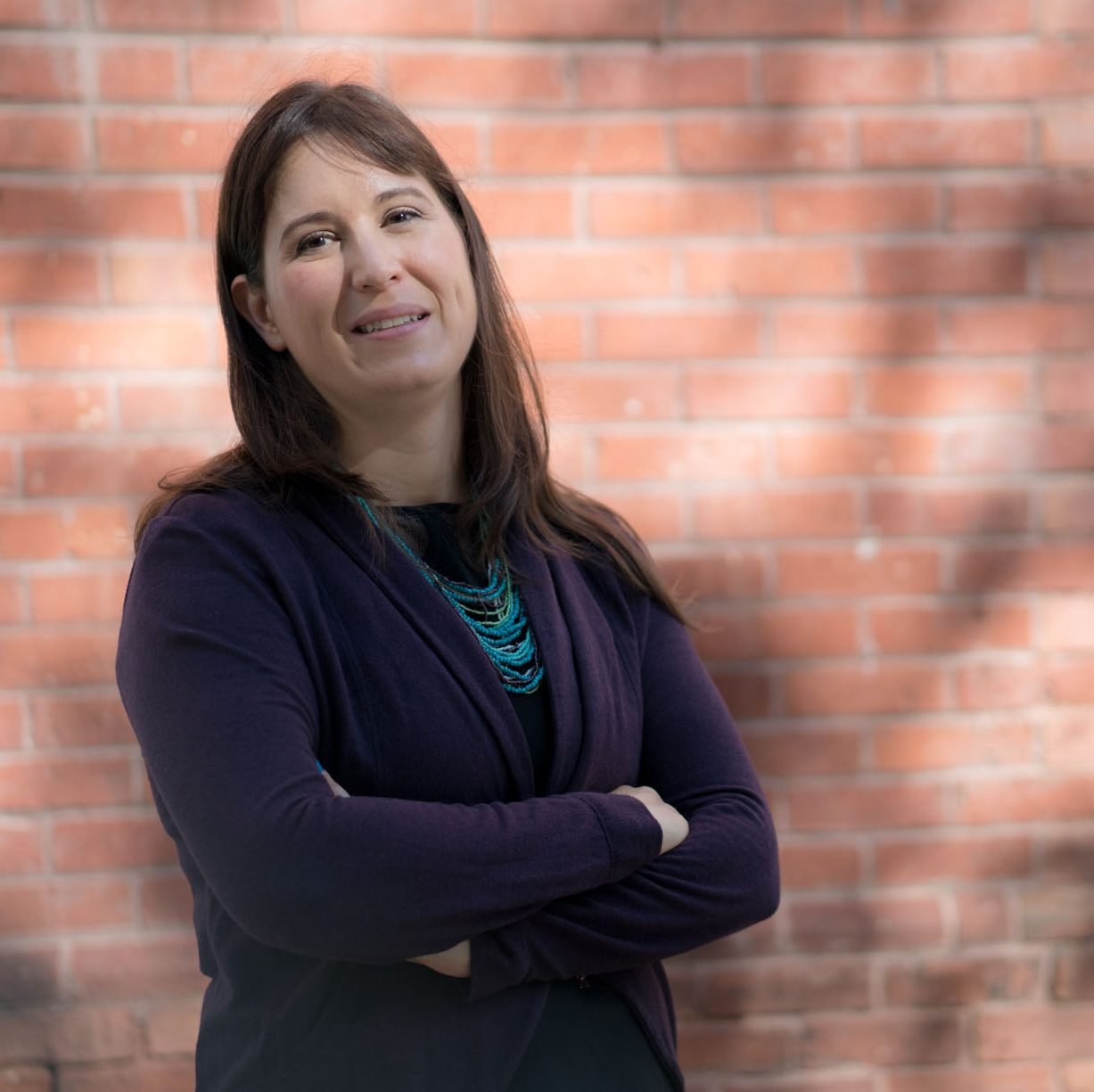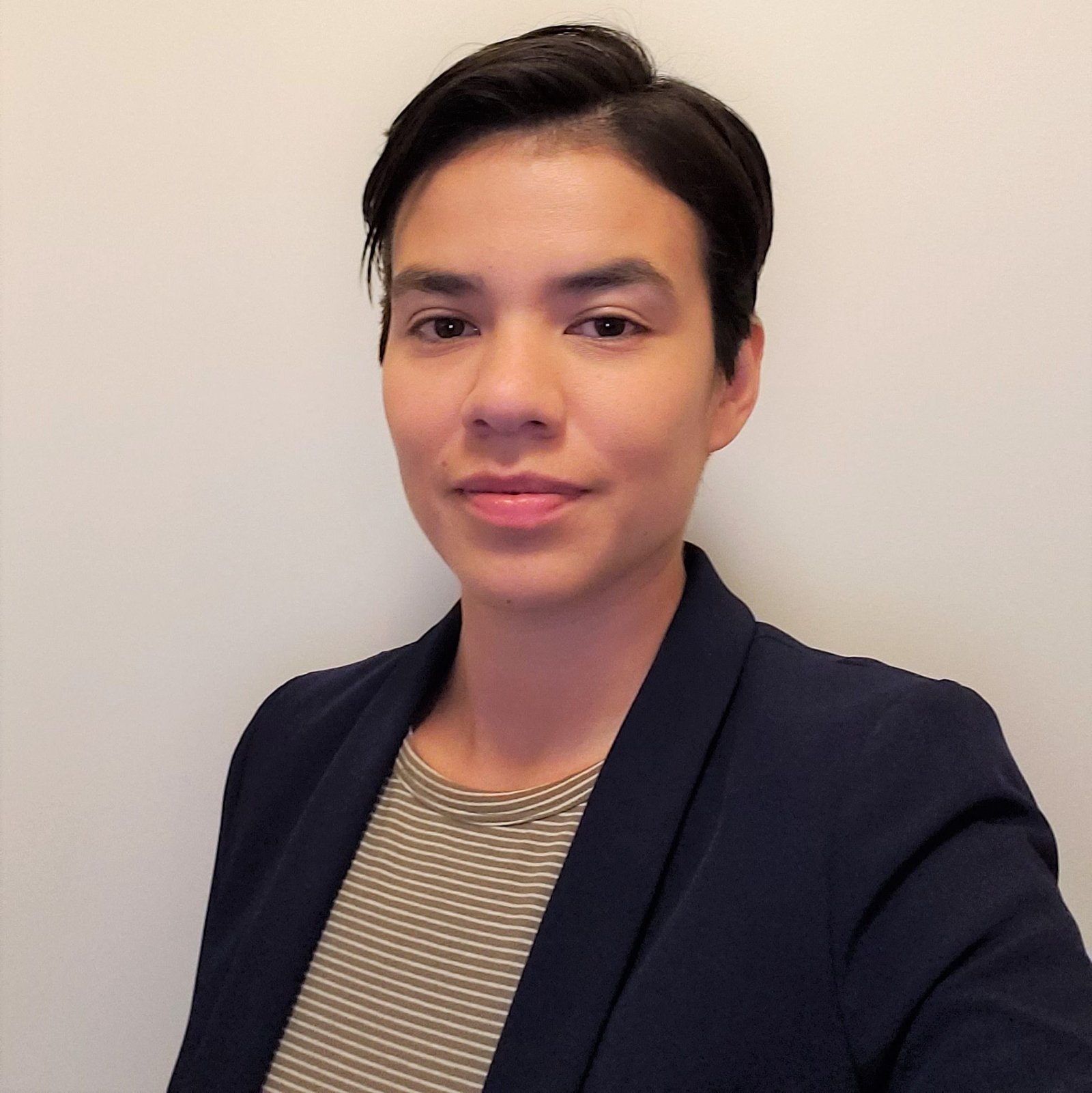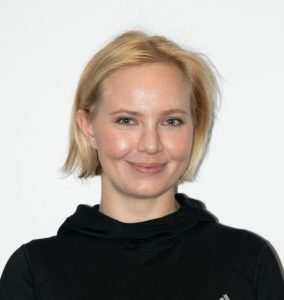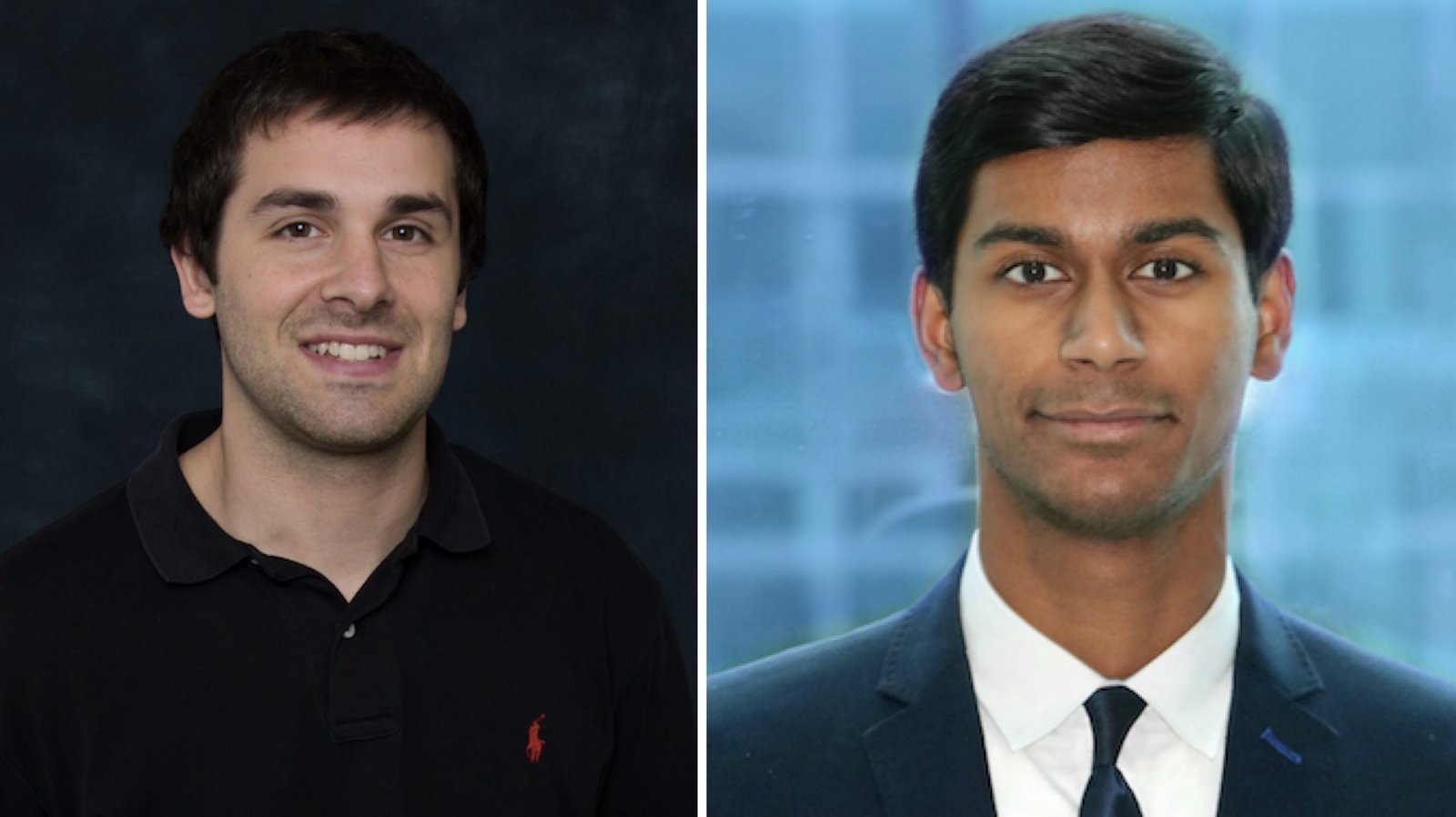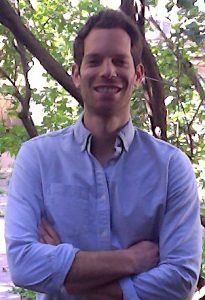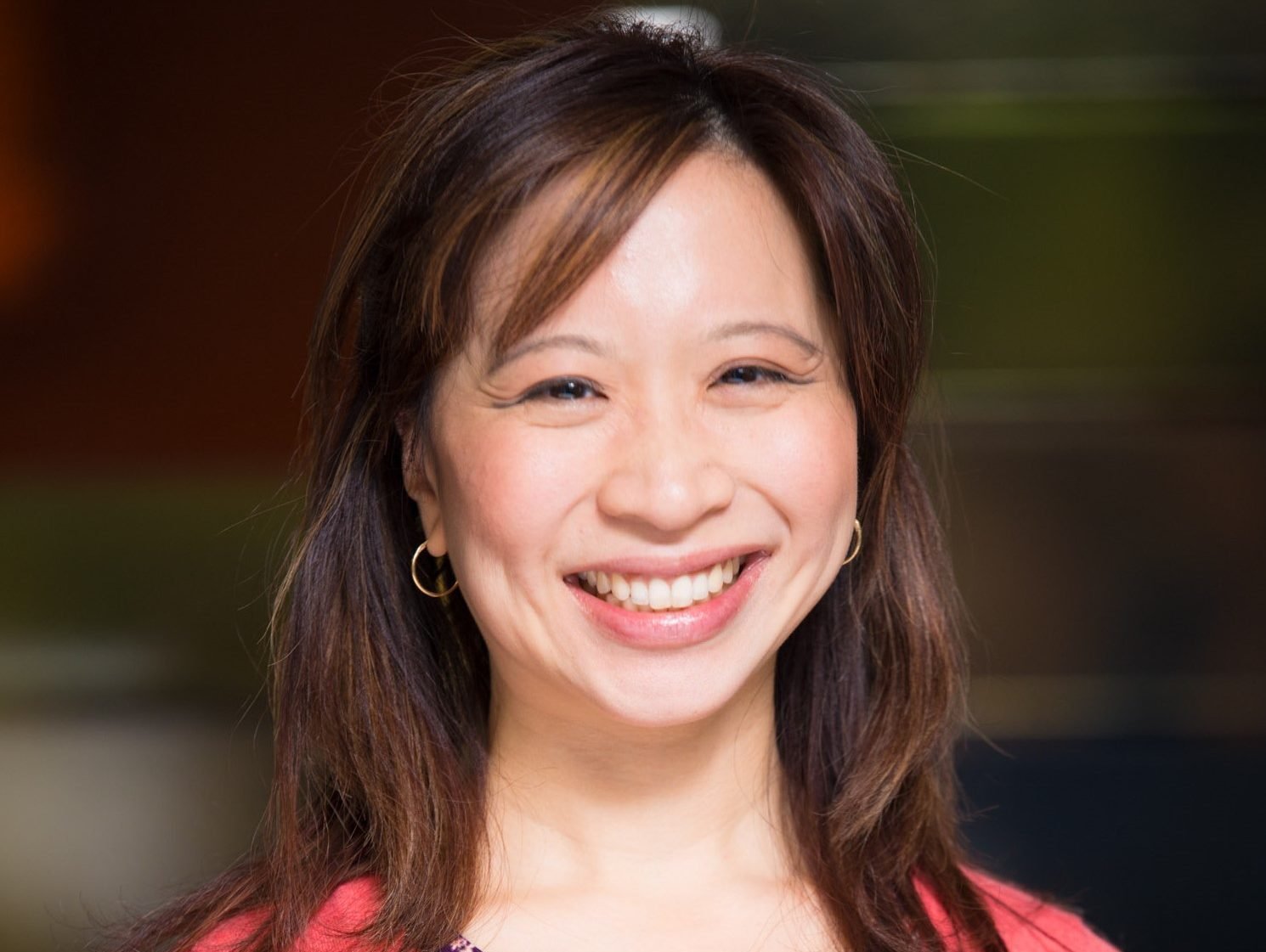This week PFAU Academic Writing Creative Marketing Assistant, Jingyi (Jane) Miao interviewed Lisa Pfau, the founder and CEO of Pfau Academic Writing, about how to successfully appeal a grade. Sometimes students work really hard on an assignment, but they do not get the grade they are expecting. This is usually because of a misunderstanding between the marker and the student. In these cases, it is often helpful to meet with your TA or professor to discuss the grading. These discussions are more challenging during Covid-19 because of social distancing; however, it is possible with strategies to successfully negotiate a better grade.

Lisa has over 20 years of experience helping students with essay writing, application support and career development. Jane first met Lisa three years ago as a first-year International student at the University of Toronto. Lisa has helped her with the transition from high school to university, especially understanding the best way to talk to professors and TAs about assignments and grades.
_
In what kinds of situations would you recommend students appeal their grades?
It kind of depends on how you feel about the assignment or exam. Did you feel that you put a lot of effort into the work? Do you feel like you prepared well? Do you feel like you took the time to read the question and talk to the TA and talk to the professor? Is it a huge surprise when you receive this grade? Maybe students thought that they did a good job and were expecting a grade in the 80s or 90s, but only got 60-something. Then, I think it’s worth going to talk to the professor or TA. On the other side, if you are aware that you might have made some mistakes, then I don’t think it’s worth appealing your grade. It is really when your expected outcome is very different from the actual outcome then it is worth appealing your grades.
Could you please provide us with an overview of the grade appeal process?
It is actually a very elaborate process that is kind of similar to going through the civil court system with a complaint. First, I would caution that not many individuals are going to go through the formal process, and it worth avoiding unless you really feel you’ve been treated unfairly. In a case where you feel that the professor or TA has a bias against you or has expressed some dislike of you, and you feel mistreated, I would suggest a formal appeal. Or, if your exam or paper being lost by the grader and you ended up receiving a zero would also be a situation when I’d recommend a formal appeal.
The first and best step regardless of your situation is to go and speak directly to your teacher, TA, or professor about the grade. Now, before you ask them to regrade your exam or assignment, take the time to clarify what you did wrong and why you received the grade that you did. If after that discussion, you still disagree with the grade that you received, then I would suggest requesting them to regrade it. However, I suggest you don’t do that on the spot, but take some time to think and prepare your grade appeal request. In many cases, in order to have an exam or assignment regraded, even by your Professor, you need to submit a request in writing. Students should prepare an argument to point out where they think the markers made a mistake and what they believe they deserve for their work, and submit this along with their official request.
If students think that the re-graded assignment is still unfair, then they can appeal to the department through another formal request. It is important to document each step through email and notes as much as possible, especially if you feel you have been discriminated against or are dealing with a missing assignment/exam. Students can go see their undergraduate advisors and talk to them and find out the specific process to appeal to a higher level. It is always good to have additional support and familiarize yourself with all the procedures before you proceed. As I said, I can be a lengthy process if you take it all the way to the top.
As you proceed, the process becomes more formalized, much like a court case. You will need to submit forms, provide documentations or proof, and meet submission deadlines. Usually, after the department you would appeal to the Faculty of Arts, for example, and then the University Senate, if you are very serious. This would be similar to taking a case to the Supreme Court of Canada in that it is your last resort and the final decision about your grade appeal. Students will often times appear before the Senate, and give some sort of statement. After which, the Senate would vote on your grade appeal, along with many other areas of administrative business. Very few students who come to me to ask about appealing an assignment or exam grade go that far. Most grade appeals are resolved after a simple conversation with a Professor.
What tips would you give students before they talk to professors about their grades?
I encourage you to take a growth-mindset. That means going to talk to your TA or your professor about why you received a certain grade, rather than simply claiming – “I deserve a higher grade!” There are a couple of reasons why I encourage students to approach with the intention to learn, not defend.
First, you will be more successful in your grade appeal if you have a clear understanding of what the grader was looking for and can demonstrate to them in concrete terms that your assignment or exam did in fact fulfill that criteria. If you can point theses areas out to the grader, it makes their job much easier too and they are more likely to understand your perspective if you can show that you also understand theirs. Thus, it is useful to gather more information about the grading process and where you might have gone wrong, before you go in guns blazing.
Second, no one likes to deal with complaints, especially TAs and Professors. Teacher’s are motivated by students’ passion for learning, and put off by the clamor for higher grades. If you can show that you actually want to learn and improve, you are more likely to get a positive response from the grader.
Third, it is possible your grade may decrease through the regrading process as you are risking the grader picking up on another mistake that they may have missed during their first review. Therefore, it is essential that you review your work and determine that there are actually areas that the grader missed and deserve marks before handing them your work again. They will pay much closer attention the second time around and do not want to be shown up by a cocky student, so make sure you know what you’re talking about before you accuse someone of making a mistake.
Recommended Books and Resources
Presence: Bringing Your Boldest Self to Your Biggest Challenges by Amy Cuddy
Thank you, Lisa, for sharing the excellent advice with us and our readers!
_
_
Missed the podcast? Listen here:
_
_
For more advice about writing, check out our weekly podcast or subscribe to our monthly newsletter.
_
To get more help with your assignments, book a 20 minute discovery session with us and start your journey to reaching your full potential on the page, and in life.
Both the written, visual, audio, and audiovisual content of this post has been created by and is the intellectual property of Lisa Pfau and PFAU Academic Writing. Please do not replicate any of the above content without our consent. However, please do feel free to share this post and its authorship widely.

